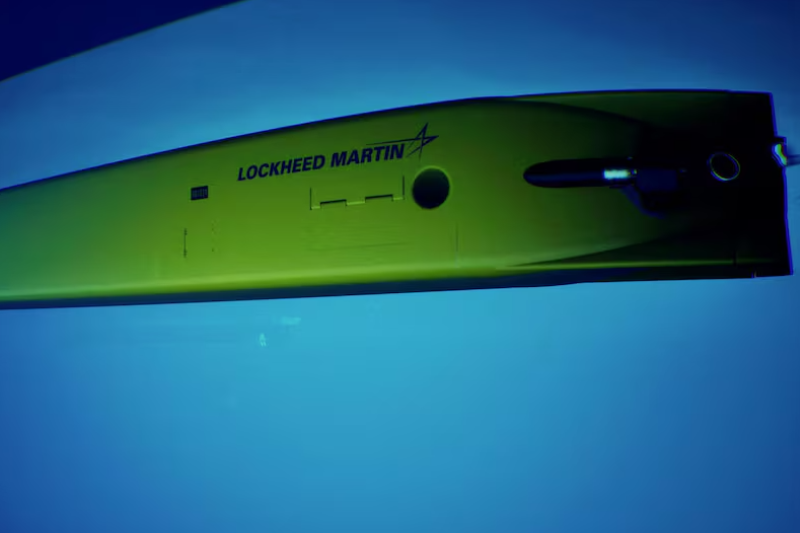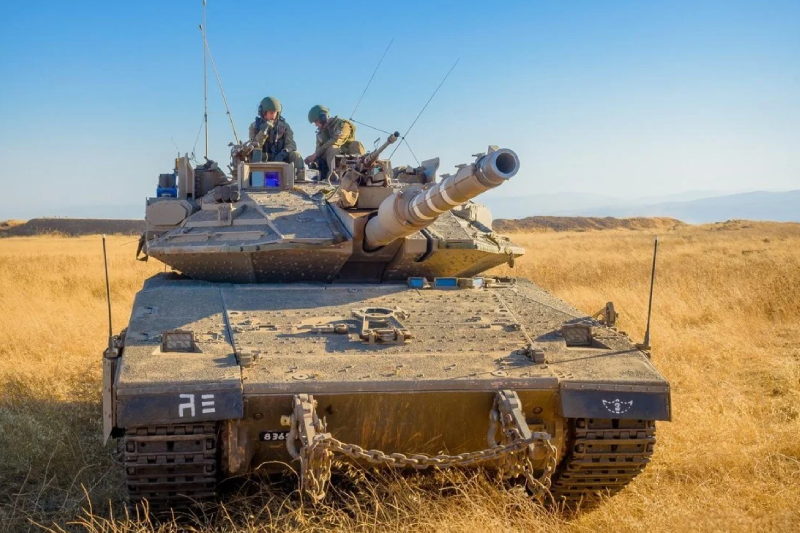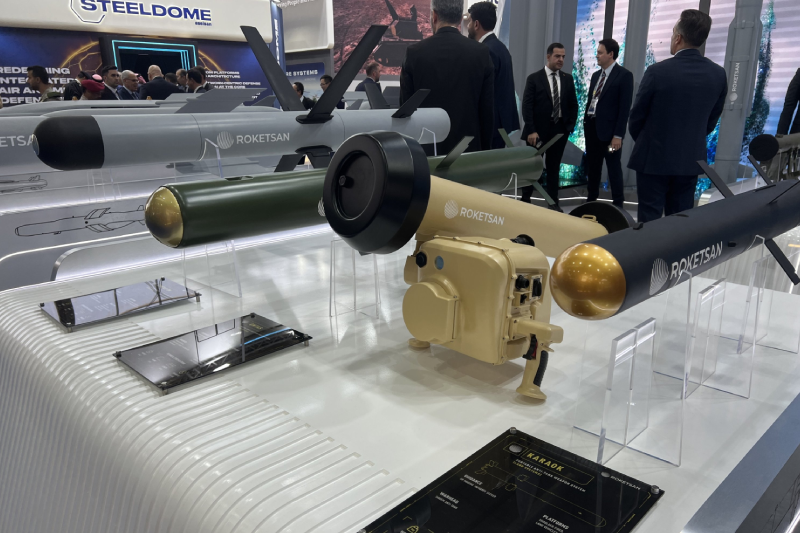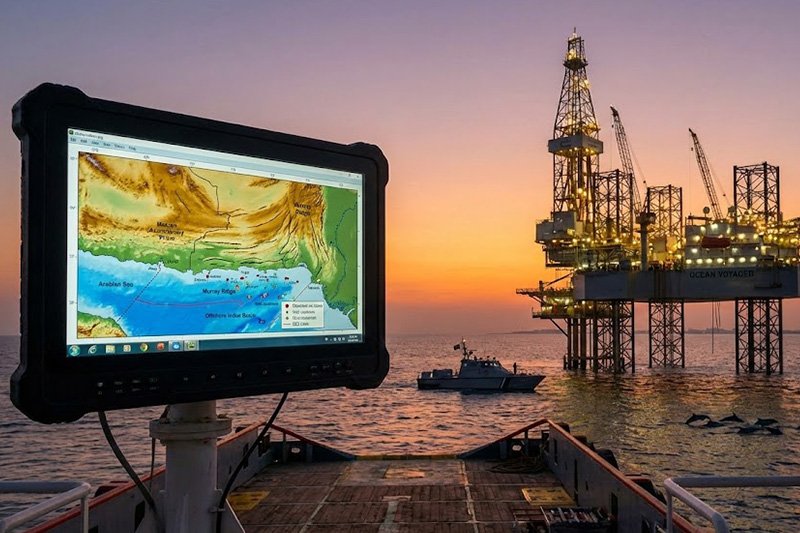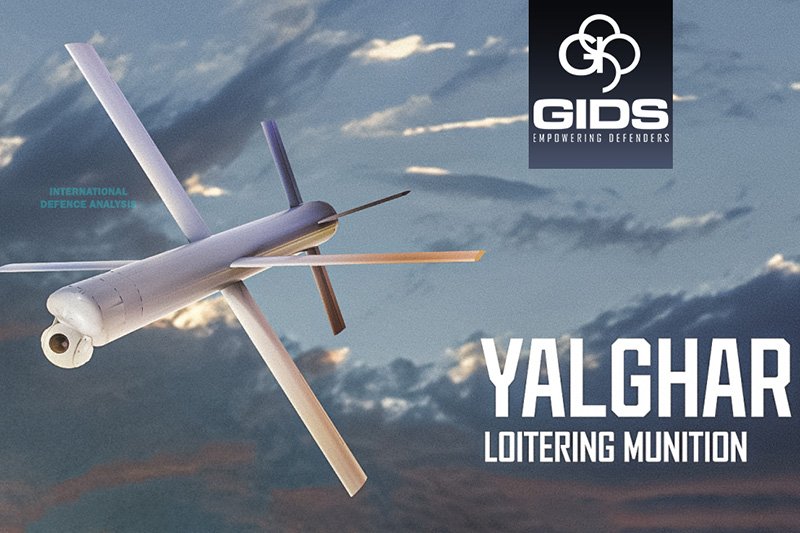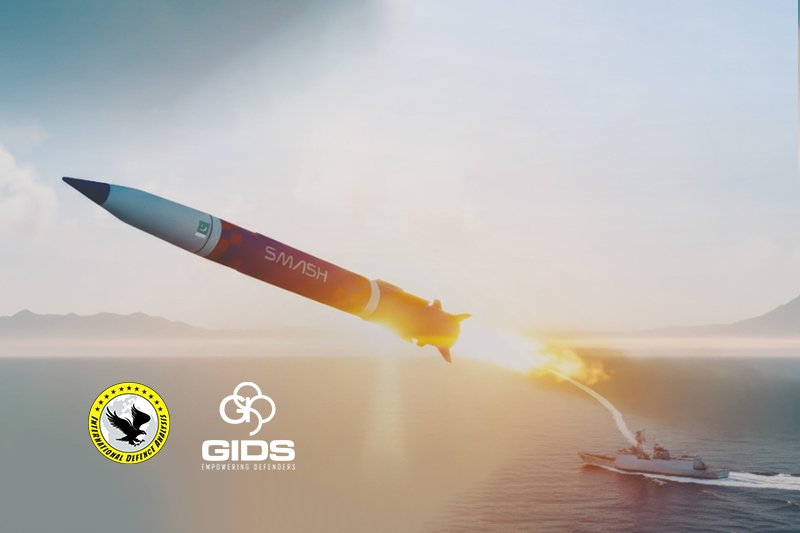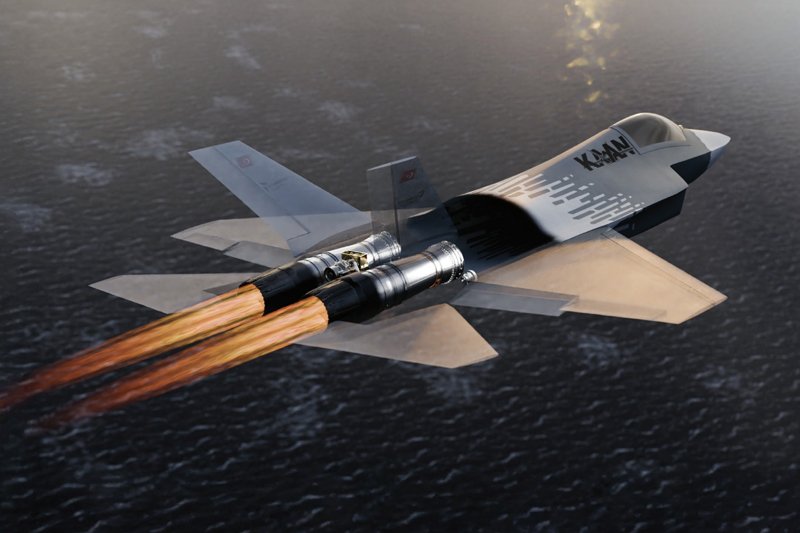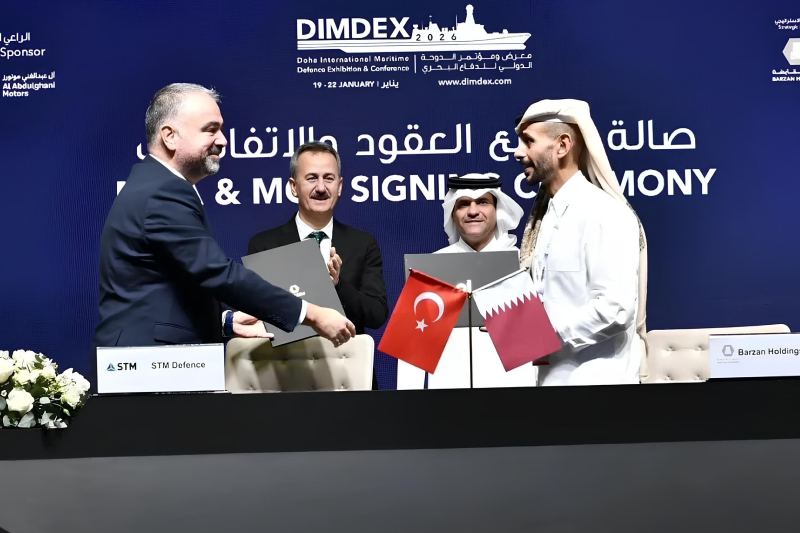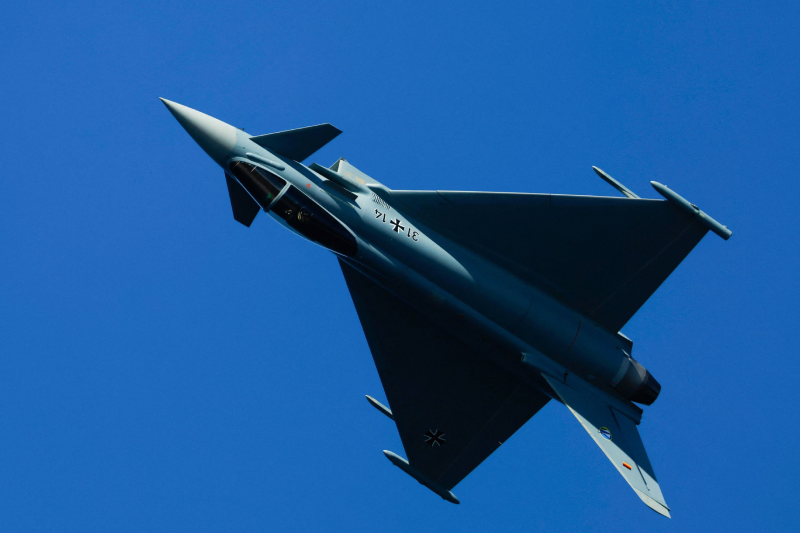Eurofighter Jet Deal Between Airbus and Turkiye’s Almost Done
Negotiations on selling Eurofighter fighter jets to Turkiye’s are approaching the final stages, marking a significant breakthrough in defense cooperation between European manufacturers and Ankara. According to Airbus Defense and Space CEO Michael Schoellhorn, discussions regarding the Eurofighter deal with Turkiye’s are progressing positively, with the executive expressing strong optimism that talks will conclude successfully in the near future. This Eurofighter deal with Turkiye’s represents a pivotal moment in NATO alliance cooperation and European defense industry engagement with one of the alliance’s most strategically important members.
Turkiye’s has been actively negotiating since 2023 to purchase 40 Eurofighter Typhoon aircraft, advanced multi-role combat jets built by a European consortium comprising Germany, Britain, Italy, and Spain. The consortium is represented by three major defense contractors: Airbus, BAE Systems, and Leonardo. This substantial procurement aims to modernize Turkiye’s air fleet and strengthen its defensive capabilities amid growing regional instability across the Middle East and Eastern Mediterranean, where Ankara plays an increasingly critical security role.
Germany initially opposed the sale due to domestic political considerations but later reversed its position following significant government changes. Britain assumed leadership of negotiations on behalf of the consortium, working to address concerns from all partner nations. Schoellhorn confirmed that Germany’s past reservations have been definitively overcome, with the new coalition government led by Chancellor Friedrich Merz making clear it will not block the transaction, marking a fundamental shift in German defense export policy toward NATO allies.
Addressing years of contentious German domestic political debate, Schoellhorn told Anadolu Agency that export control discussions are now resolved. The German government has stated unequivocally that it will not block deliveries and actively supports the idea of providing Eurofighters to Turkiye’s. This decisive position ends prolonged uncertainty that had stalled negotiations under Germany’s previous Social Democrat-led coalition government, where opposition from coalition partner the Greens created persistent obstacles to defense exports.
In July 2025, Britain signed a preliminary deal allowing Turkiye’s to operate the jets, establishing the legal and operational framework for transfer. Simultaneously, the German government cleared the way for delivery after sending written confirmation to Turkish authorities confirming that export approval had been granted. These parallel developments removed the final bureaucratic hurdles and demonstrated unprecedented coordination among consortium partners in facilitating this strategically important sale to a fellow NATO member.
According to Schoellhorn, discussions are now approaching their conclusion, with BAE Systems leading the commercial and technical negotiations with Ankara. The focus has shifted from political authorization to practical implementation details, including delivery schedules, training programs, maintenance agreements, and technology transfer arrangements. These discussions between Eurofighter consortium representatives and Turkish state officials will determine the final contract terms and operational integration timeline for the advanced fighter aircraft.
Turkiye’s, which operates NATO’s second-largest military force, has long sought to acquire Western jets as part of comprehensive efforts to bolster air force capabilities. The nation faces complex security challenges across multiple borders, including ongoing conflicts in Syria, tensions in the Eastern Mediterranean, and regional instability requiring robust air defense and power projection capabilities. The Eurofighter acquisition complements Turkiye’s existing F-16 fleet while providing advanced capabilities for contested airspace operations.
When Chancellor Merz formed Germany’s new government in May 2025, defense export policy underwent fundamental transformation. His Conservative-led administration emphasized the urgent need to scale up Europe’s defense industry and strengthen NATO’s collective capabilities amid emerging geopolitical challenges, including increased tensions with Russia and instability across Europe’s periphery. This policy shift recognized that restricting defense cooperation with NATO allies undermines alliance cohesion and European security interests.
Meanwhile, the Turkish government is pursuing secondhand Eurofighter acquisitions from Qatar and Oman to meet immediate operational needs while new production aircraft are manufactured. President Recep Tayyip Erdogan indicated these parallel negotiations were progressing positively following a Gulf tour that included visits to Kuwait, Qatar, and Oman. These supplementary acquisitions would provide interim capability enhancement while the main procurement contract proceeds through final stages.
Schoellhorn emphasized that the Eurofighter deal establishes foundations for enduring partnership with Turkiye’s as production scales and advanced models incorporating new technologies are developed. The Eurofighter represents more than just aircraft, encompassing integrated weapon systems, future connectivity solutions, and emerging man-unmanned teaming capabilities that enable collaboration between human pilots and AI-controlled autonomous aerial vehicles. Membership in the Eurofighter user community provides access to collaborative user groups where operators exchange ideas and accelerate learning while industry interfaces with these groups to develop solutions aligned with operational requirements.
Also read this: Turkiye’s Eyes Eurofighter and F-35 Jets to Boost Air Power
Turkiye’s has significantly boosted domestic defense capabilities over recent decades after facing periodic arms embargoes, reducing foreign dependence through ambitious indigenous development programs. Today, Turkish industry produces extensive ranges of military equipment domestically, including advanced drones, precision missiles, and modern naval vessels. The nation is developing its fifth-generation fighter jet, KAAN, with mass production expected to start in 2028, intended to replace aging F-16 fleets beginning in the 2030s.
Schoellhorn stressed that European governments must increase defense spending and facilitate continent-wide collaboration, as recent geopolitical developments demonstrate Europe faces genuine threats and cannot rely exclusively on American security guarantees. While defense budgets and industry resources have increased recently, more strategic approaches and coordinated policies remain necessary to establish clear procurement priorities and implement coherent long-term plans addressing decades of underinvestment in European defense capabilities.
Keep connected with us at Facebook, Twitter, YouTube, Instagram & TikTok for latest defense happening around the globe.
Discover more from International Defence Analysis
Subscribe to get the latest posts sent to your email.



